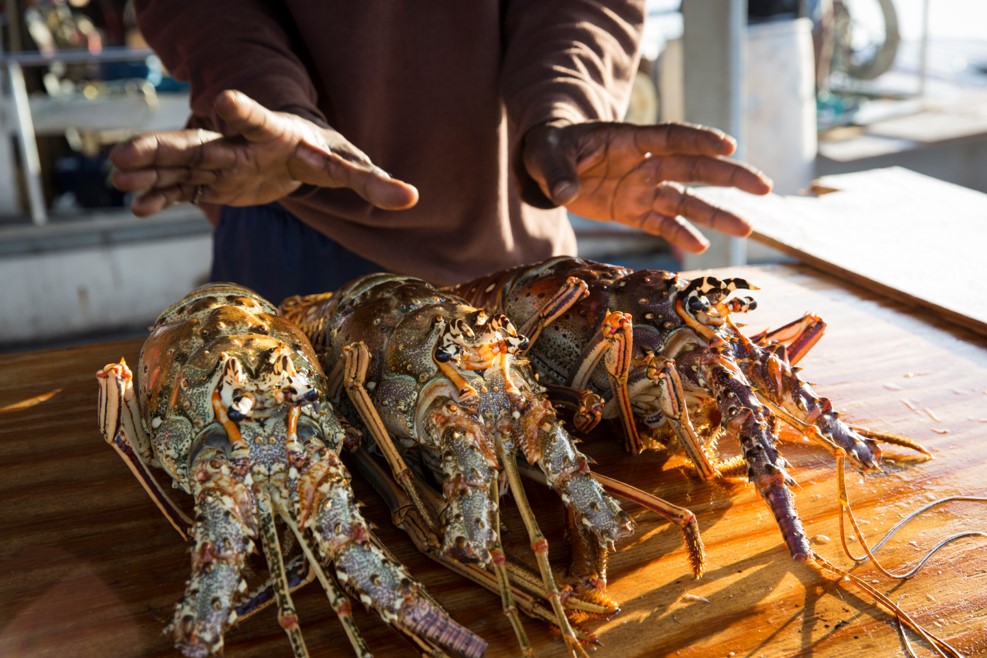In an exciting step forward for our company’s responsible sourcing initiatives, HSM recently entered into a collaborative partnership agreement with Seafood Legacy and UMITO Partners to procure more sustainable seafood for our partnering properties in Japan, Korea and Micronesia (JKM). Excessive fishing, or that which exceeds the pace of reproduction within marine ecosystems, poses a serious challenge for the international community, and as product demands continue to rise, Hilton is moving toward selective procurement of sustainable seafood to help protect and preserve native aquaculture. By securing this Memorandum of Understanding among the three partners, HSM is helping to make meaningful strides toward the Travel with Purpose goal of cutting our environmental footprint in half by 2030.
UMITO Partners is an environmentally purposed organization led by experts in fishery science and management, economic and financial sustainability, and community design for sustainability. Seafood Legacy is a social venture providing sustainable seafood consulting to Japanese government and seafood businesses. Both organizations will connect HSM with fisheries and aquaculture companies certified by the Marine Stewardship Council (MSC) and Aquaculture Stewardship Council (ASC), as well as communicating requests to distributors from partnering hotels for specific certified marine products.
“Our goals include procuring 25 percent of seafood from sustainable sources by the end of 2022 through relationships with MSC- and ASC-certified fisheries and farms. We are also working to ensure that remaining product volumes are sourced from suppliers on World Wildlife Fund green lists or those working toward certification and sustainable improvements,” said Timothy Soper, Hilton’s Area Vice President for JKM. “Hilton continues to make great progress toward this global objective at all of our hotels across Japan, Korea and Micronesia, and we are confident that together with Seafood Legacy and UMITO Partners, our commitment to sustainable seafood procurement will expand and evolve as we lead the hospitality industry in responsible sourcing initiatives.”
HSM is also working with partnering organizations to abolish the procurement of endangered species by next year, providing hotels with only those ingredients obtained responsibly from certified suppliers. As an example, Hilton has banned the provision of shark fins at its restaurants, and Hilton Tokyo Bay has been recognized with eco-label certifications from both MSC and ASC.
In addition to our efforts around sustainable seafood, HSM is also investing in sustainably sourced meat, poultry, produce and cotton, cage-free eggs and alternatives to plastic straws for thousands of hotels around the globe. Utilizing our top-tier supplier relationships and HSM’s procurement strategy to protect our planet and its animals, our Food & Beverage category management experts are helping properties worldwide to deliver dining experiences curated from responsibly sourced regional and local resources. From wild Georgia shrimp in Savannah to tofu pudding in Hong Kong, our team can help you serve up fresh, delicious and eco-friendly fare to guests today while we work together to secure tomorrow. Learn more about progress made toward our Travel with Purpose 2030 goals, and contact your Strategic Accounts advisor or connect with us at HSMx@hilton.com to help HSM make an even greater positive impact across our global supply chain.

